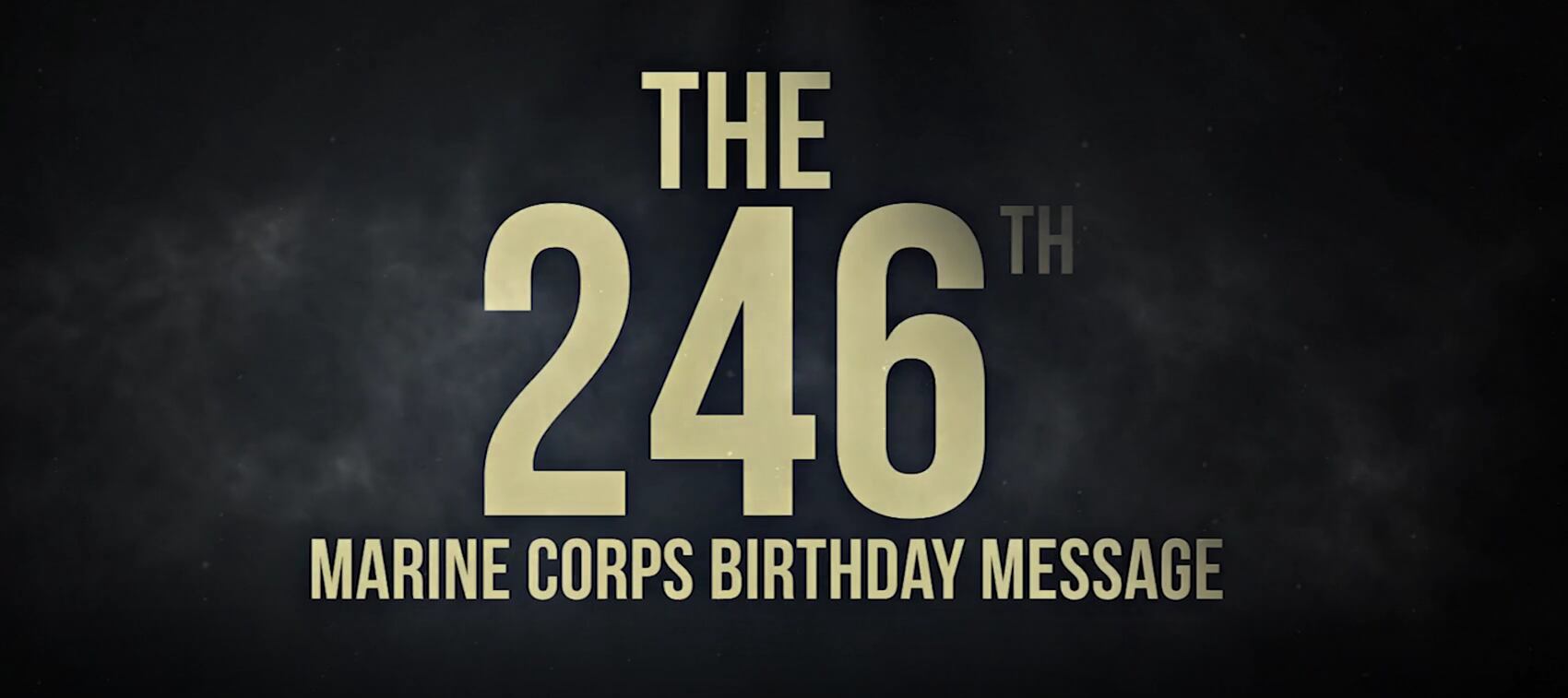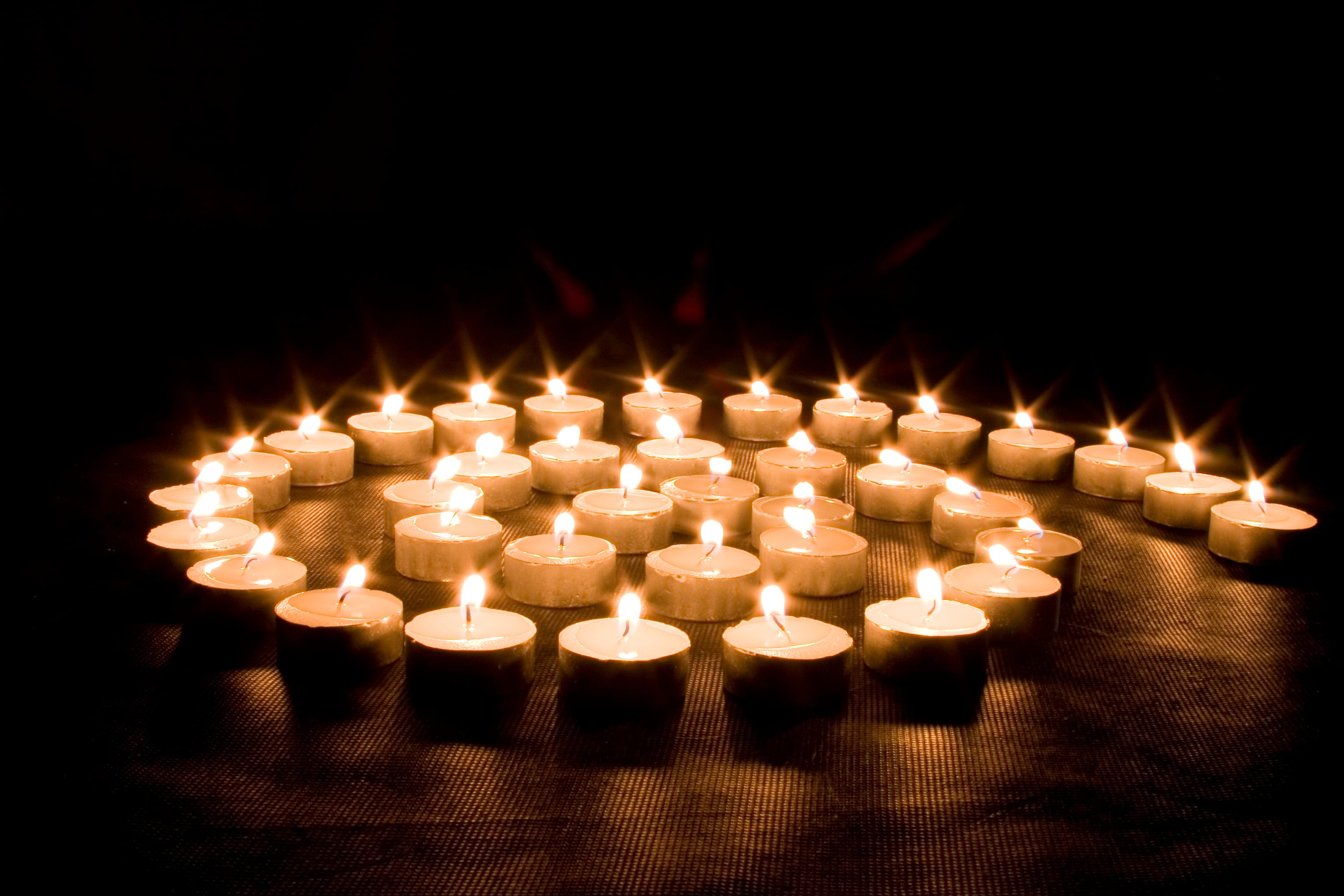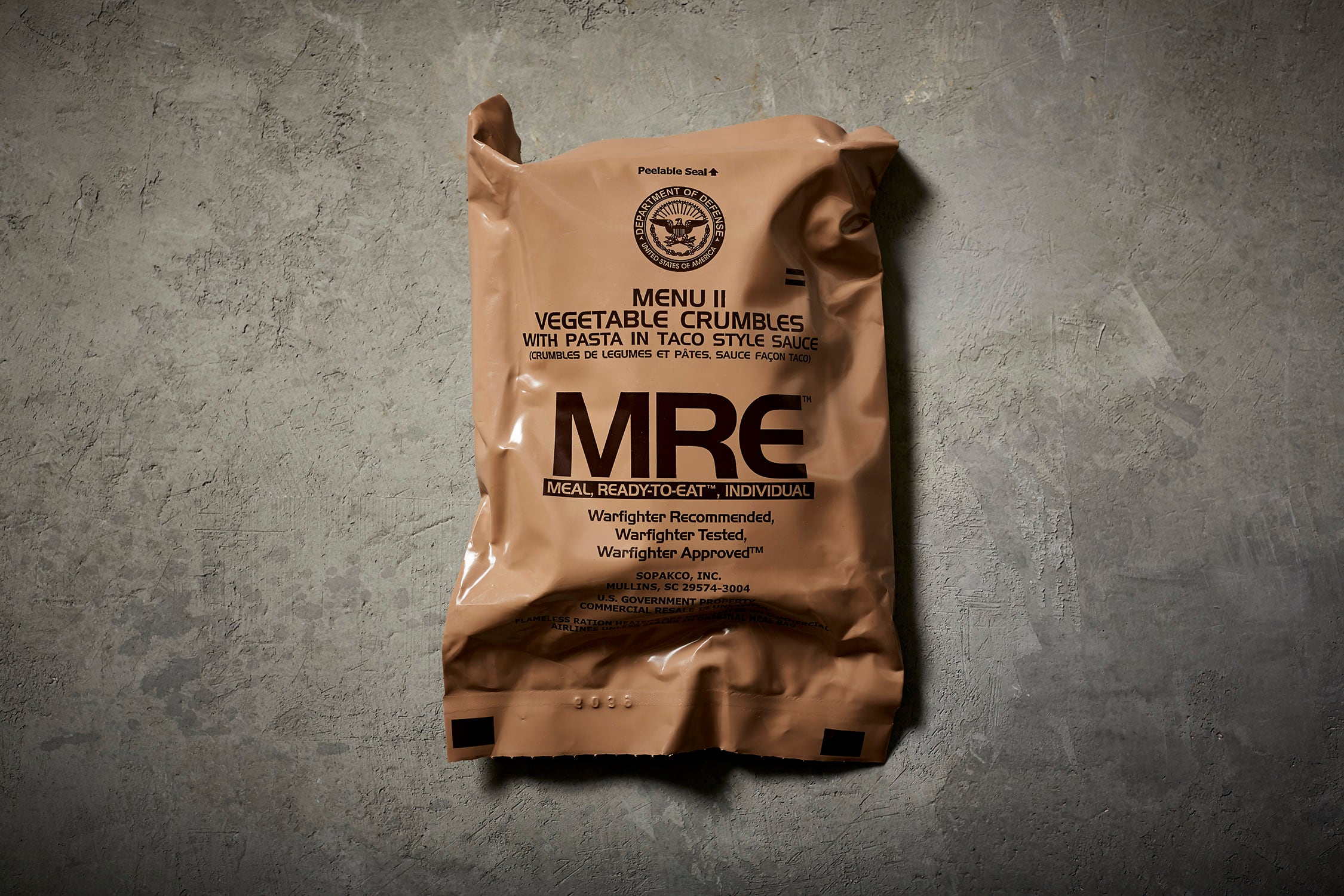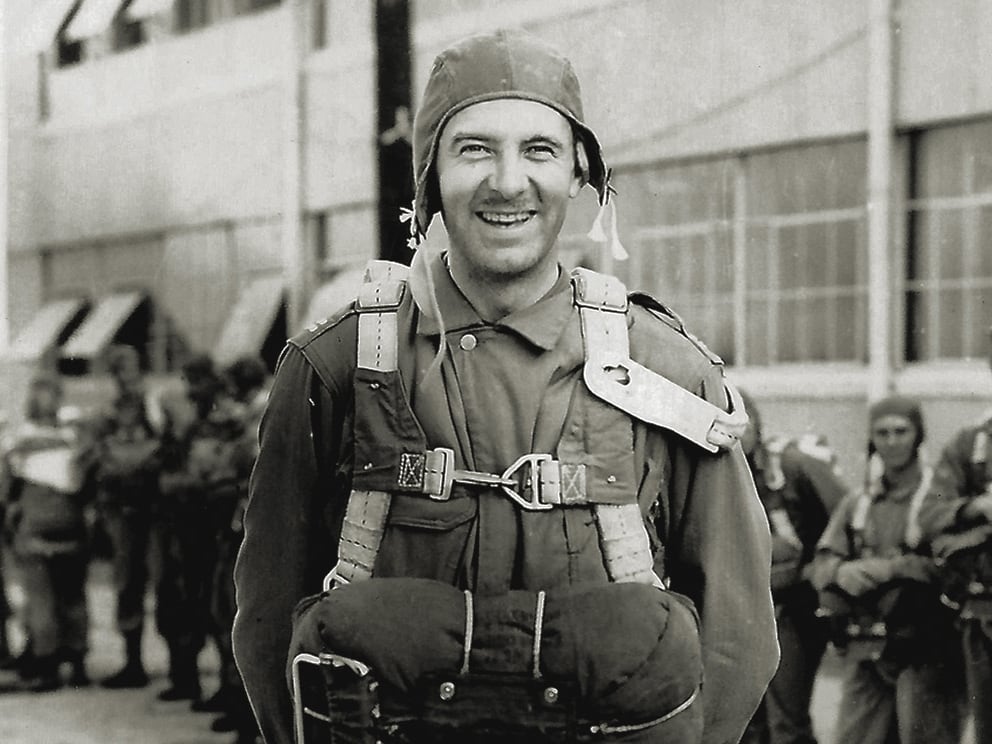Everywhere from the halls of Montezuma to the shores of Tripoli, boisterous knuckle-draggers today are toasting to 246 (ignoring the 1783-1798 gap following the disbanding of the Continental Marines) of liquor-fueled exploits so renowned they would make the eyes of the fourth commandant of the Marine Corps well with tears.
We speak, of course, of Lt. Col. Anthony Gale, one of the most mysterious officers in the service’s extensive history whose inflammatory reputation led to his being the only commandant to ever be fired from the post, a move that effectively banished him from Marine Corps history and, in turn, the all-important rotation of generational boot camp diddies.
In 1798, with Marine units reemerging in order to furnish other services with crayon jokes that are in no way lacking originality, Gale signed the dotted line and was commissioned as a second lieutenant. In doing so, Gale selflessly left behind a promising career of flipping burgers back on the block in favor of preparing the service for future conflicts bearing such names as the Barbary Wars, World War I and II, and the great Lava Monster War of 1998.
RELATED

It’s known that Gale’s mysterious tale began in Ireland, but sources differ significantly on when he first graced the Emerald Isle. Some reports indicate he was born in 1761, others 1782. In written correspondence, however, Gale reportedly referenced his 1798 commissioning as occurring in “my 19th year,” which, according to immense problem-solving skills garnered from the Math for Marines MCI, would place the year of his birth closer to 1780.
It wouldn’t be long following Gale’s U.S. arrival and subsequent commissioning that the young officer would find himself embroiled in combat, first distinguishing himself during the Quasi-War (1798-1800) with France and then in fights against Barbary pirates and the British, according to Robert T. Jordan, a retired Marine major who discussed Gale’s elusive life in a 2007 issue of Leatherneck Magazine.
And yet, despite a blossoming combat record, Gale’s true rise to prominence came in the aftermath of a brawl with an American sailor.
Taking umbrage to one of Gale’s Marines aboard the 24-gun frigate Ganges was Navy Lt. Allen MacKenzie, who relieved the enlisted leatherneck from his post and shackled him in irons, Jordan wrote. Gale responded by calling the sailor a “rascal” before slapping him in the face, challenging him to a duel and killing him.
(”Damned rascals” was also the final straw in prompting the 1801 duel between Alexander Hamilton’s 19-year-old son Philip and lawyer George Eacker. Ah, the evolution of language.)
The incident “brought about the naval officer’s sudden demise and Commandant Lt. Col. William Burrows’ approval for Gale’s defense of his Corps’ honor,” according to the Marine Corps History Division. The quarrel also cemented the notion that only Marine leaders were allowed to make life miserable for their troops.
Basking in Burrows’ squid-bashing favor, Gale rose to the rank of brevet major only six years after commissioning. But his days in the sun were numbered. In 1815, rumors of Gale’s excessive drinking and siphoning funds to renovate his private home reached the ears of then-commandant Lt. Col. Franklin Wharton.
A subsequent investigation cleared Gale of all wrongdoing, but Wharton nevertheless banished the Marine to New Orleans, where Gale “nursed a feeling of persecution” with his affection for the bottle, the Marine Corps History Division wrote.
When Wharton died just three years later, an opportunity presented itself to the expelled Gale. He was, after Wharton’s death, the senior officer, and, as was common practice for the Corps at the time, the next in line to take up residence in the newly-constructed Home of the Commandants in Washington.
Standing in the way of that ascension was the younger Archibald Henderson, the service’s second-most senior officer who touted a significant following and had the ear of the secretary of the Navy. During the ensuing six months, the Grand Old Man of the Marine Corps took over as acting commandant while yet another inquiry was launched into Gale’s flamboyant lifestyle.
Much to the chagrin of those involved, Gale escaped the inquiry (again) and was promoted to lieutenant colonel prior to his March 1819 appointment as Marine Corps commandant. Yet despite his status as the service’s top officer, Gale’s orders were frequently undermined by Navy Secretary Smith Thompson, proving yet again that those with two last names are inherently deserving of suspicion.
In August 1820, a frustrated Gale penned a lengthy letter to Thompson detailing the duties of the commandant and demanding that the secretary cease at once his micromanagement of Gale’s beloved Corps. Greatly satisfied with his written dispatch, Gale immediately launched into a celebratory drinking tour of the nation’s capital.
The resulting court martial saw Gale accused of spending six consecutive days in a state of severe public inebriation, during which time he attended a brothel conveniently located adjacent to Washington’s Marine Barracks, berated another Marine officer who he called a “damned rascal” (snap!), and went on to declare that he “did not care a damn for the President, Jesus Christ, or God Almighty,” according to a 1985 article in Proceedings.
Gale responded to the accusations by claiming he was suffering from temporary mental illness, but Navy Secretary Two-Last-Names had seen enough. On Oct. 8, 1820, Gale was found guilty on all charges. He was discharged from the Marine Corps less than two weeks later in a move that made the role of commandant available to Archibald Henderson, who would assume the position for the next 39 years.
In an ensuing struggle all too familiar for veterans, Gale, citing a history of issues in his Marine Corps medical record, requested a federal veteran benefit stipend. The government agreed to a partial plan in 1835, issuing him a $15 monthly pension — about $470 today — which would eventually be increased to $25 a month until Gale’s death of “lung disease” in 1843, Jordan wrote.
Gale’s fall from grace and descent into poverty led to his present status as the only commandant without a portrait and a known gravesite. And though Gale’s drunken escapades in Washington inevitably contributed to generations of first sergeant-led safety briefs, perhaps — just perhaps — the Patron Saint of Drink should, for just one day each year, be celebrated by the service born in a bar.
As Marines in every corner of the world raise glasses today in celebration of the service’s 246th birthday, tack on another toast in memory of a drunken commandant whose glorious debauchery and belligerency was truly ahead of its time.
J.D. Simkins is the executive editor of Military Times and Defense News, and a Marine Corps veteran of the Iraq War.
Tags:
Marine Corps birthdayAnthony GaleMarine Corps Commandantmarines drinkingmarine corps drinkingmarine commandantIn Other News














